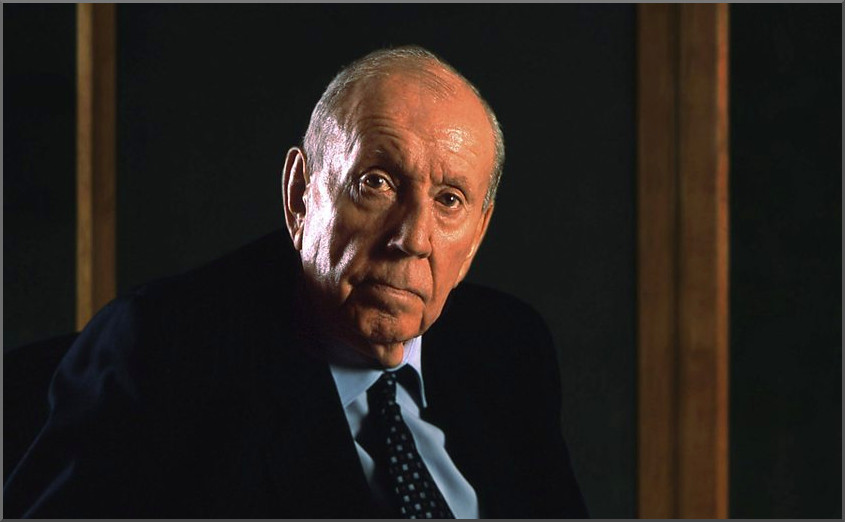
Four Scottish Dances was composed early in 1957 and is dedicated to the BBC Light Music Festival. All of the dances within the piece are based on original melodies but one, the melody of which was composed by Robert Burns. The first dance is in the style of a slow strathspey – a slow Scottish dance in 4/4 meter – with many dotted notes, frequently in the inverted arrangement of the ‘Scottish snap.’ The name was derived from the strath valley of Spey. The second dance, a lively reel, begins in the key of E-flat and rises a semi-tone each time it is played until the bassoon plays it, at a greatly reduced speed, in the key of G. The final statement of the dance is at the original speed in the home key of E-flat. The third dance is in the style of the Hebridean Song, and attempts to give an impression of the sea and mountain scenery on a calm summer’s day in the Hebrides. The last dance is a lively fling, which makes a great deal of use of the open-string pitches of the violin (saxophones in the band edition).
Born in Northampton, England, Malcolm Arnold has long been known as one of England’s most prolific composers, due to his optimistic compositional voice and a reputation of a rather forthright manner in expressing his opinions. He was educated at the Royal College of Music in London, where he majored in composition with Gordon Jacob. He performed professionally as a trumpet player in the BBC Symphony and the London Philharmonic, and since 1948, had devoted his talents almost exclusively to conducting. Included in his compositions are symphonies, concertos, chamber music for ensemble and solo instruments, and a variety of film scores including 1984 (1984), The Inn of the Sixth Happiness (1958), and The Bridge on the River Kwai (1957).
Program note researched and compiled by Cameron Wilson